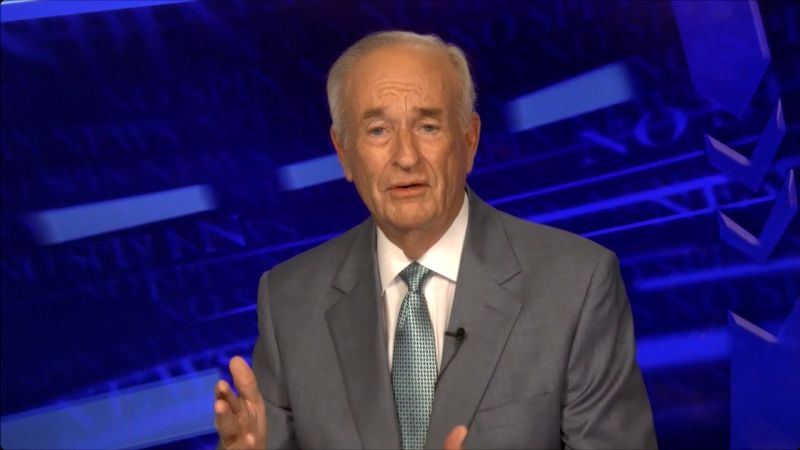During the interview, Bill O’Reilly praises Vice President Kamala Harris for her performance in the debate against former President Donald Trump. O’Reilly commends Harris for being prepared, articulate, and able to effectively communicate her points. He also notes that Harris seemed confident and composed throughout the debate, which he believes helped her come across as a strong and capable leader. O’Reilly acknowledges that Harris has faced criticism in the past for her debate performances, but he argues that she has improved and showed her abilities in this particular debate.
In contrast, O’Reilly criticizes former President Donald Trump for his performance in the debate against Vice President Kamala Harris. O’Reilly believes that Trump came across as defensive, angry, and lacking in substance during the debate. He asserts that Trump’s constant interruptions and attacks on his opponent were not effective strategies and only served to weaken his argument. O’Reilly suggests that Trump could have performed better if he had maintained his composure and focused on presenting a strong, coherent argument.
When discussing the strengths and weaknesses of Vice President Kamala Harris, O’Reilly highlights her experience and qualifications as a former prosecutor and senator. He believes that Harris’s background gave her an advantage in the debate, as it allowed her to effectively communicate her views and present logical arguments. O’Reilly also praises Harris for her ability to connect with the audience and deliver her message in a compelling way. However, O’Reilly admits that Harris still has room for improvement, particularly in terms of developing a consistent message and addressing criticisms of her record.
On the other hand, O’Reilly acknowledges that former President Donald Trump has a strong base of support and a talent for connecting with his followers. He points out that Trump’s unorthodox style and blunt language have resonated with many voters, particularly those who feel disillusioned with the political establishment. O’Reilly believes that Trump’s ability to tap into the frustrations of the American people has been a key factor in his success. However, O’Reilly warns that Trump’s divisive rhetoric and confrontational approach could also be his downfall, as it may alienate moderate voters and prevent him from expanding his appeal beyond his core supporters.
In conclusion, Bill O’Reilly’s analysis of Vice President Kamala Harris and former President Donald Trump’s debate performances offers valuable insights into the strengths and weaknesses of both candidates. O’Reilly praises Harris for her preparedness, articulateness, and composure, while criticizing Trump for his defensiveness, anger, and lack of substance. O’Reilly highlights Harris’s experience and qualifications as strengths that helped her in the debate, but also acknowledges that she still has room for improvement. Similarly, O’Reilly recognizes Trump’s ability to connect with his base but warns that his confrontational style may limit his appeal to a broader audience. Overall, O’Reilly’s commentary provides a nuanced perspective on the performances of both candidates and their potential implications for the upcoming election.


